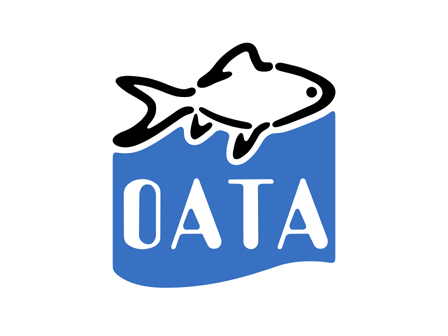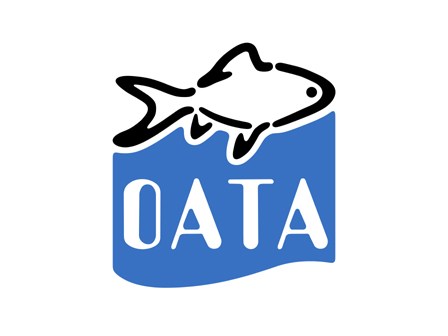Trade Organisations
£3 million of sales saved after OATA steps in over plant ban



You'll need to
subscribe to unlock this content. Already subscribed? Login?

Become a member for unlimited access
Remove all content restrictions with a membership account. First-year special offer pricing. Cancel any time.
You have read 2/2 free articles this month.

Person
Monthly
5 days free trial
Yearly
Save £9.89
5 days free trial
No, thanks
I already have an account


